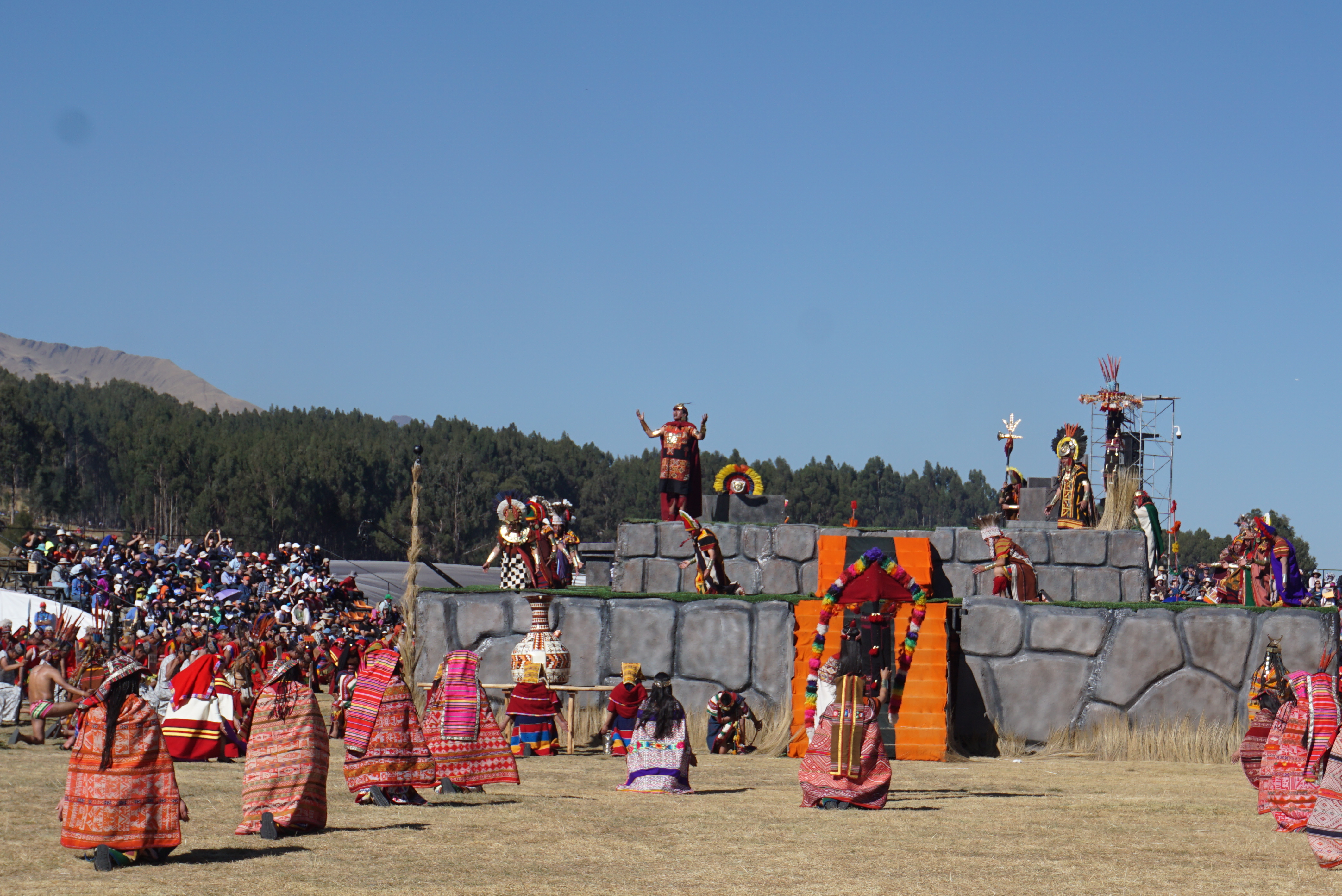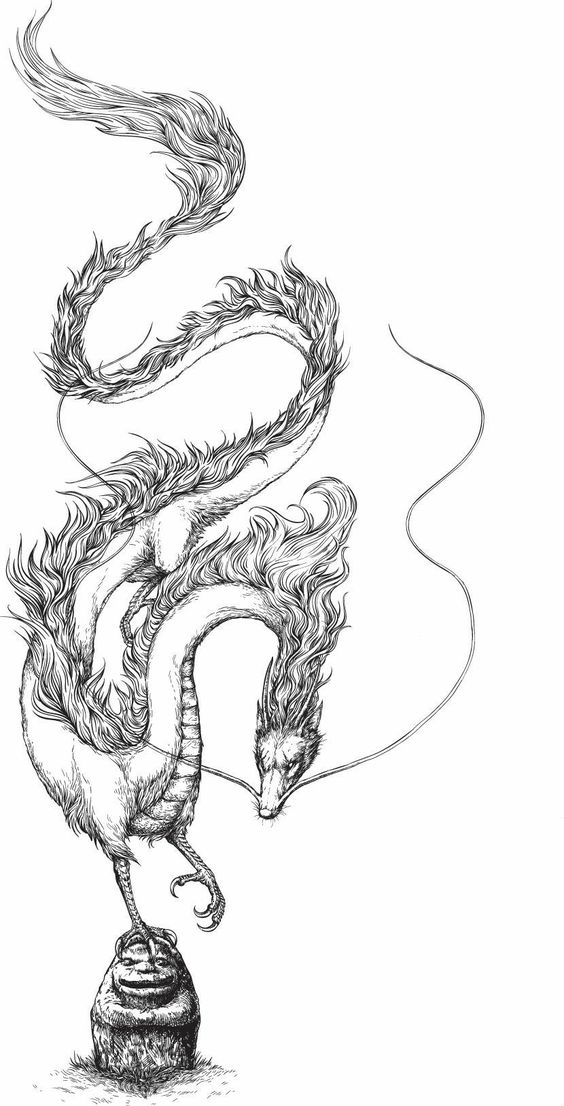Se ha elegido hace poco a un nuevo actor para el papel de Inca en la ceremonia del Inti Raymi que se realiza cada 24 de junio en Cusco. La escenificación por años ha sido una tradición teatral alimentada por la industria del turismo, el motor económico de la región. Pero siempre ha tenido un componente solemne, identitario; en cierto momento de la ceremonia el Alcalde de la Provincia del Cusco se acerca al anda del Inca y simbólicamente recibe sus consejos para gobernar a su pueblo. El “Encuentro de Dos Tiempos” le llaman. El nuevo actor de Inca reúne unas cualidades particulares. No solo habla bella y enérgicamente el quechua, su lengua materna. Tiene una reconocida trayectoria en el arma de Ingeniería en el ejército habiendo llegado al grado de General de Brigada. Resaltó por su labor social especialmente en el rescate de personas en La Convención durante los deslizamientos de la última época de lluvias. Goza de la cultura y cosmopolitismo que da haber vivido en varias ciudades durante su carrera militar. Nunca, sin embargo, ha dejado de estar en Cusco en las fiestas de junio y julio. Por si fuera poco, también afirma tener un parentesco con el Inca Huayna Capac. Los periódicos de la ciudad celebraron su elección pero las redes sociales lo hicieron aún más. La primera ceremonia del Inti Raymi con él trajo algo más de gente que lo habitual. Lo mismo sucedió en las siguientes ceremonias. A través de los años el Inca ha empezado a ganar un gran reconocimiento por los cusqueños; interpreta magistralmente al Inca, pero también tiene un gran carisma como personaje público. El entusiasmo por el Inca se ha contagiado en los miembros de la ceremonia del Inti Raymi, muchos de ellos jóvenes soldados de la Cuarta Región Militar Cusco. Los bailarines de las comparsas se sienten cada vez más identificados con sus personajes y los cultivan cada vez más durante el año que transcurre entre cada ceremonia. La política formal y los notables contemporáneos de la ciudad ya no pueden sino elogiar el ascenso del Inca. En el Encuentro de Dos Tiempos de los años recientes, ambientado en la Plaza de Armas de la ciudad, el Inca ha empezado a dar al Alcalde consejos cada vez más reales y acertados. Le exhorta a liderar el paro regional por el aeropuerto de Chinchero. Le impele a paralizar la construcción de dos nuevos hoteles lujosos en el Centro Histórico. No pasan más que unos días hasta que las exhortaciones son Ordenanzas en el Diario Oficial El Peruano. En momentos de crisis los periodistas y la sociedad civil han empezado a recurrir al consejo del Inca. El Inca aprovecha siempre la oportunidad para persuadir al pueblo para reproducir los ideales andinos en la sociedad de hoy. El Inca empieza una progresiva reivindicación de la estructura política Inca y con ello va aumentando el respaldo de la sociedad cusqueña. Los jóvenes no dejan de crear páginas y perfiles en redes sociales con sus imágenes y de compartir los videos de sus discursos. Pero los militares son su mayor capital de apoyo y legitimidad. Siguiendo la influencia del Inca, las propias brigadas de la Cuarta Region Militar cada vez tienen una mayor identificación con el mundo incaico y empiezan a usar trajes más andinos en sus entrenamientos y desfiles. El Inca ya es una figura regional y nacional y empiezan a entrevistarlo en medios internacionales. Una periodista de la Deutsche Welle le ha llamado el Pachaquteq del Siglo XXI. En Cusco los historiadores lo comparan más bien con la figura de Mateo Pumacahua. El Alcalde Provincial lleva la administración cotidiana del Cusco pero las decisiones fundamentales de la ciudad tienen que ahora pasar necesariamente por la opinión del Inca. Hace poco vetó una iniciativa del Alcalde de concesionar uno de los parques de la ciudad a una empresa de estacionamientos. Los jóvenes acogen el movimiento y las comparsas del Inti Raymi son ahora multitudinarias por el entusiasmo de los escolares y universitarios. Ya hay tantos aspirantes a participar en la ceremonia que una gran parte se tiene que contentar con apoyar como voluntarios en la organización. Estamos hablando ya de miles de personas. Este año, tras la revelación de unas grabaciones de llamadas telefónicas de políticos y empresarios, se produce una crisis política profunda en el país por casos graves de corrupción que involucran a empresas transnacionales brasileñas, los políticos del partido mayoritario del Congreso, los últimos cuatro presidentes del país y singularmente el Gobierno Regional del Cusco. El Hospital Antonio Lorena y la Vía de Evitamiento en esta ciudad han sido casos de corrupción tan graves que han terminado con el Gobernador Regional en la cárcel. La gente sale a las calles cada vez más frecuentemente para exigir responsabilidad y la remoción de todas las autoridades actuales. Hay quienes exigen una reforma política. Hay quienes exigen una refundación del país. Hay quienes reivindican el sur andino y la centralidad del Cusco milenario. Cada vez más reclaman la voz del Inca. Con todo, Junio ha llegado. Los cusqueños se vuelcan a las calles para las procesiones, desfiles y danzas, pero esta vez cada celebración es un motivo para reivindicar el aspecto político de lo cusqueño, lo andino y lo sureño. El 24 de junio del año 2019 el Inca toma la palabra en la explanada de Sacsayhuaman y, ante una multitud sin precedentes venida de todo el sur del Perú y ante las cámaras de las mayores cadenas de television mundiales, anuncia el restablecimiento del imperio Inca, el Tawantinsuyo, con su capital en el Cusco y condena a la desaparición a la fallida y corrupta República. Hace, además, un llamado para que las poblaciones de Lima, Arequipa y todo el territorio inca se unan a la causa de la refundación del imperio. La gente presente aprueba el anuncio por aclamación y empiezan a corear el Haylli Qosqo y el Haylli Tawantinsuyo. El Inca toma la palabra una vez más instando a los presentes a prepararse a descender a la ciudad y tomar el Palacio Municipal. El teatro ha terminado.
Grabaciones del Evento:

